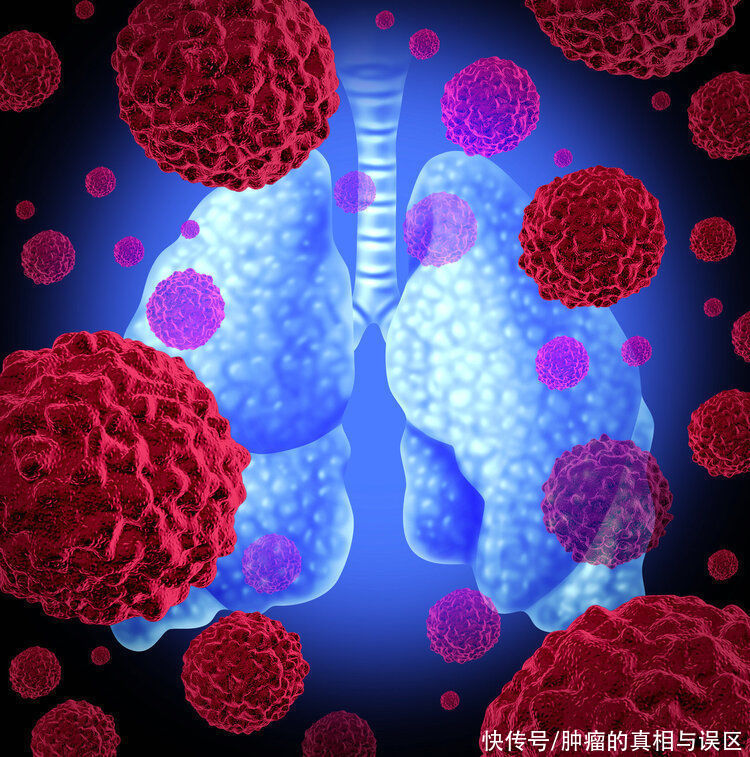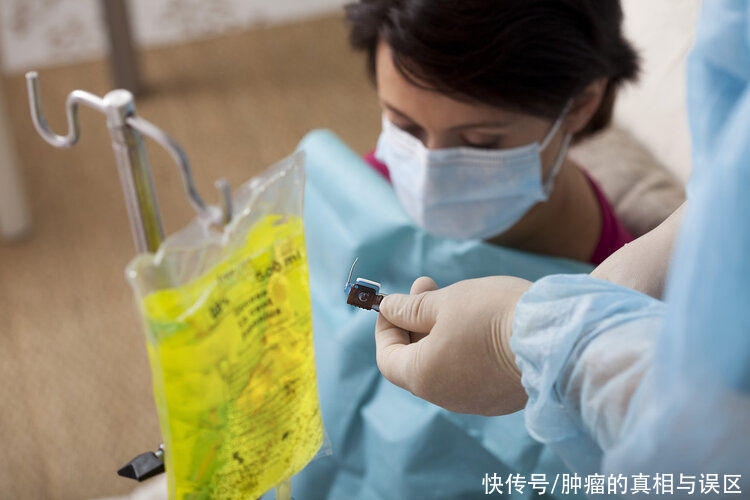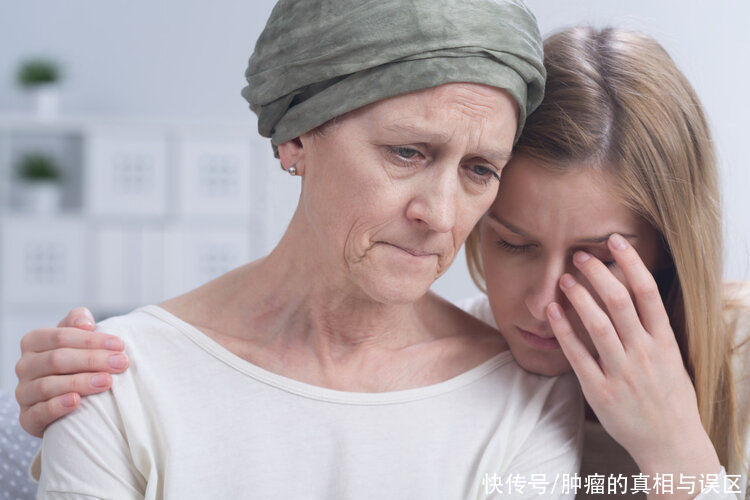內容目錄
“Lemon is 10,000 times stronger than chemotherapy!”
Aunt Zhang recently saw an article on her mobile phone, which surprised her greatly. Aunt Zhang has lung cancer and has undergone surgery and is still undergoing chemotherapy. After reading the article, she really wanted to stop the chemotherapy.
The article pointed out that lemon extract can kill 12 kinds of tumors such as lung cancer, colorectal cancer and pancreatic cancer, and the effect is 1000 times stronger than chemotherapy. Lemon soaked water is alkaline water , It can fight cancer after drinking it, and it is not affected by the side effects of chemotherapy, because this treatment damages the interests of large medical companies, so it has not been promoted…
Aunt Zhang used to hear that chemotherapy causes quicker death, and now she I have stomach discomfort, hair loss…all kinds of reactions are also very uncomfortable, so I want to stop the chemotherapy and try drinking lemonade. When she shared her thoughts with the attending doctor, she was strongly opposed by the doctor.
“Lemons can’t kill cancer cells! Blindly resisting chemotherapy will make people closer to death!” The doctor read the popular science article and was very angry and thought it was absurd.
I. Lemon can kill cancer cells, ten thousand times stronger than chemotherapy?
There are two reasons for the rumor that lemonade can fight cancer. First, because lemonade is alkaline water, it can make the acid-base imbalance in the body, so as to achieve the purpose of comprehensive anti-cancer and anti-cancer. In this regard, Kexin Food and Nutrition Information Exchange Center nutrition and health expert Ruan Guangfeng said, food in After entering the body, it has almost no effect on the pH of the human body. Our bodies have a sophisticated acid-base balance system that is not easily affected or altered by food.
Another reason is that lemonade contains a lot of antioxidants such as citric acid and flavonoids, but these ingredients have only been proven to have anti-cancer properties in animal experiments. Whether it works in humans is inconclusive.

In life, if you drink a lot of lemonade, it will lead to The stomach secretes a lot of gastric acid, which can easily inducegastric ulcer, duodenal ulcer and other problems. In addition, lemons contain a lot of acidic substances. Even after mixing with water, the content of these acidic substances is still very high. It is easy to soften the teeth when they remain on the teeth. If they are not cleaned in time, the teeth will be corroded, which will cause Tooth decay appears.
Simply put, it is completely nonsense to rely on drinking lemonade to fight cancer. Do not believe the rumors! Chemotherapy is not as scary as everyone thinks. For many people, it is a life-saving existence.
Second, does chemotherapy make people die faster? Not as scary as everyone thinks!
Chemotherapy is the application of chemical drugs to treat tumors. It is a systemic treatment method that uses chemical drugs to control the growth and reproduction of tumor cells and promote tumor cell differentiation. Therapeutic effect.
chemotherapy or no chemotherapy, which one will live longer? Some experts have conducted research on this.
1. Lung cancer
An analysis published in LACE-meta in 2008 showed that the 5-year survival rate of patients with non-small cell lung cancer without postoperative chemotherapy was 43.5%, and the 5-year survival rate of chemotherapy group was < /span>48.8%, the absolute 5-year survival benefit was 5.3%, and the risk of death was reduced by 11%.

2, breast cancer
A study that followed up 75,000 breast cancer patients for 10 years showed that postoperative chemotherapy can reduce the recurrence rate of patients under 50 years old37% , reduced mortality27%; recurrence and mortality were Can be reduced by 22%, 14%.
3. Gastric cancer
An Asian A clinical study evaluating postoperative chemotherapy for gastric cancer showed that in patients with advanced gastric cancer who underwent surgery for gastric cancer, the 3-year recurrence-free survival rate in the postoperative chemotherapy group was 74% , while the proportion in the no chemotherapy group was 59%.
Multiple studies have shown that the survival rate of cancer patients with chemotherapy is better than that without chemotherapy. Does this mean that all cancer patients need chemotherapy? Not really, it depends on the situation.
Three, focus: should cancer patients receive chemotherapy?
Whether chemotherapy should be used or not should be analyzed and judged according to the condition, stage, and physical fitness of the patient. Currently, chemotherapy commonly used in clinical practice has 4 effects.
1. Radical chemotherapy
Some cancers that are sensitive to chemotherapy, such as leukemia, lymphoma, etc., may be cured by chemotherapy alone, with the purpose of curing cancer Chemotherapy is called radical chemotherapy.
2. Preoperative chemotherapy
Some patients lost surgical treatment due to too large lesions If the opportunity or the difficulty of the operation is greater, it is necessary to use chemotherapyto reduce the size of the lesion and then perform surgery. At the same time, chemotherapy can also kill some potential metastases and reduce the risk of recurrence.

3. Postoperative chemotherapy< /p>
Some patients have had their lesions removed during surgery, but there may be some undetected potential metastases before surgery, or a small amount of cancer cells have fallen off near the surgical wound, which can be cured by chemotherapyKilling these residual cancer cells can prevent recurrence.
4. Palliative chemotherapy
cancer cells in some patients with advanced cancer have already developed Extensive metastasis, modern medical level has been incurable, through chemotherapy can control cancer development, prolong patient’s life and improve patient’s survival treatment, this method It’s called palliative chemotherapy.
It is worth reminding that although chemotherapy has a good therapeutic effect, it is not suitable for everyone. For these four types of people, chemotherapy is generally not recommended.
4. Who should not undergo chemotherapy?
1. Early-stage cancer patients
In general, early-stage cancer patients only need surgery. The participation of chemotherapy is not required.
2. Patients who are not sensitive to chemotherapy
The type of cancer that some cancer patients suffer from Not sensitive to chemotherapy, chemotherapy not only can not kill cancer cells, but may also stimulate the growth of cancer cells.

3. Systemic spread, metastasis
In some patients with advanced cancer, the cancer cells in the body have spread and metastasized far and wide. Such patients are often extremely weak, and the treatment for cancer is often meaningless. Forcing chemotherapy at this time will only have the opposite effect and increase the suffering of patients in vain.
4. Elderly cancer patients
The older you are, the more degraded your body functions. The more serious it is, coupled with the consumption of cancer on the body, the physique of the elderly will become very poor.
Once you are diagnosed with cancer, what you need to do is to actively cooperate with the doctor to carry out standardized treatment, instead of listening to remedies and rumors, which will easily delay the best time for treatment and give yourself Unnecessary risks to health.
References:
[1] Ruan Guangfeng, Han Hongwei. Is lemonade really that magical? [J]. Invention and innovation (junior high school students), 2021(11):46.
[2]Chemotherapy: Hair loss? nausea? Dizziness? .Beijing Shijitan Hospital.2019.1.3
[3]Which cancer patients are not suitable for chemotherapy? The answer is out! Anhui Traditional Chinese Medicine Research Hospital.2021.8.16
Reprinting is prohibited without the author’s permission